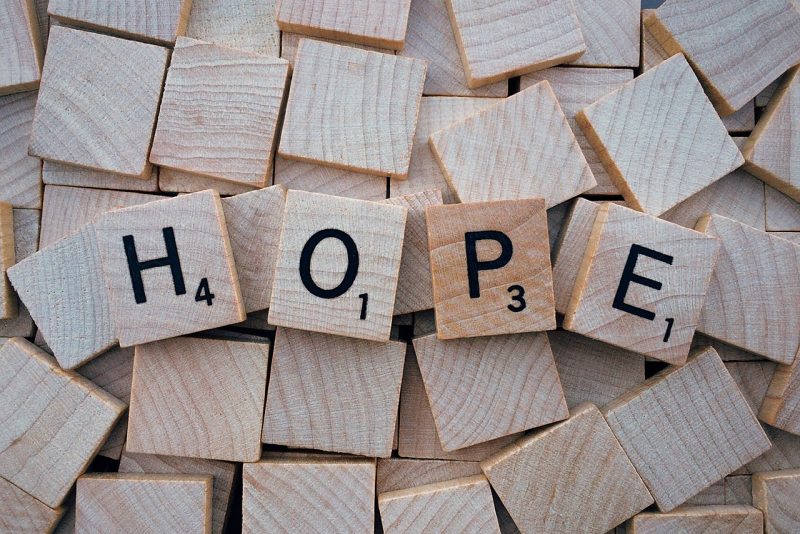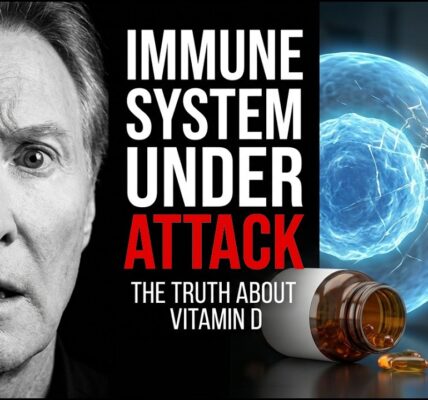For Christians, Easter is a Holiday of hope and faith.
First, there was hope lost for early Christians when Christ was crucified. Then, unimaginable hope when they found Him resurrected!
Now, we have the hope and faith through Christ, for this life and the next. Both are beautiful gifts from God.
Beyond our spiritual lives, these gifts can affect our health. In fact, they can manifest both mentally and physically.
We need hope as spiritual beings, and our bodies need hope as well.
What Is Hope?
The Bible says “Now faith is confidence in what we hope for and assurance about what we do not see.” (Romans 11:1).
Medical experts and scientists who study the effects of hope often describe it as “a positive motivational state…derived sense of successful goal-directed energy and pathways to meet goals” (1).
This Easter, think about the hope that’s been offered to you. Then, carry this hope throughout the year.
God has provided faith and hope. Most importantly, this means salvation. But while in the flesh, amazingly, God’s hope affects health as well. Here’s how:
5 Ways Hope Affects Health
Hope is A Natural Pain Reducer
We will all feel physical pain during our lives. Unfortunately, some deal with it more than others.
Hope can act as a natural antithetic and reduce your perception of pain. And inversely, hopelessness can compound physical pain.
In fact, there is a hypothesis about how this works. It’s called the “cognitive mediation hypothesis.” This hypothesis describes the connection and influence of psychological factors, such as depression and hopelessness, and their relationship to physical pain.
One study of 164 male patients with back pain supports previous findings that hopelessness has a direct like depression, and depression can increase physical pain (2, 3).
Our Spirit, mind, and body connection is amazing, and all need care!
Hope Increases Resilience
When faced with a grim health situation, those with hope often display more resilience.
They can see difficult circumstances and obstacles to be overcome. Those who feel hopeless, often cannot see over, around, or beyond them.
In fact, studies have found that the level of hope in young patients with breast cancer significantly predicted premature mortality. (4, 5).
Another showed that hopeful and optimistic head and neck cancer patients had greater survival rates a year after diagnosis than those who were pessimistic (6).
Of course, this is no way implies that those with hope will live, and any who’ve died from diseases such as cancer did not have hope.
But in studies, scientists see a trend of longer life with these diseases in those who are more hopeful.
They also see a better quality of life in the hopeful, including less depression and fatigue in those living with AIDS (7).
Hope Increases Adherence to Healthy Habits
In both children and adults, hope influences adherence to healthy habits.
In fact, those with hope are more likely to do what a health practitioner instructs.
What’s more, those who are hopeful often report a better diet, higher levels of physical activity, and overall healthier lifestyle than those who feel hopeless.
Hope Reduces Stress
In the brain, hope can act as a buffer against stress and anxious thoughts.
What’s more, hopeful people report that they laugh and smile more than those without hope.
This may be obvious.
But, did you know that the physical act of smiling and laughing, even when not sincere (forced), can reduce stress, both physical and mental?
In fact, laughter can alter dopamine, serotonin, and endorphin activity (8).
Our brains respond to positive physical changes in our body, including those that come with moving our facial muscles to smile and laugh.
Hope Improves Aging
Hope affects us throughout our lifecycle. It even helps us age better.
In fact, as discussed in 7 Steps to Healthy Aging, healthy eating, exercise, and sleep are all key components of healthy aging.
Hope affects all of these.
First, hope helps our motivation to eat well and stay active.
Next, it can reduce our stress response, which in turn improves our health.
And, lastly, those with hope sleep better than those without it.
One study of 156 women with breast cancer found a link between hope and depression, and these emotions and sleep quality (9).
Other studies have found links between hopelessness and insomnia. And then, sadly, this insomnia and suicidal ideation (10).
Simply put, our bodies need sleep to function day to day, and throughout life as we age. Hope is a gift from God that can improve our well-being, even through sleep.
Bottom Line
No matter if you’re facing health difficulties or not, your God-given gift of hope affects health by reducing stress, reducing pain, motivating you towards healthy habits and healthy aging, and improving your determination and resilience.
This Easter, bask in the hope of Christ’s resurrection. Carry it with you year round.
And for your Spirit, Mind, and Body, “May the God of hope fill you with all joy and peace as you trust in him, so that you may overflow with hope by the power of the Holy Spirit” (Romans 15:13).
















